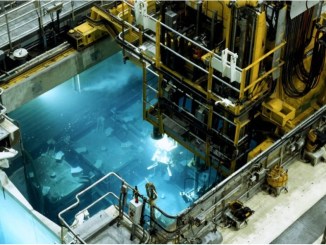Global Warming and Security Program (GWSP)
The African Center for Science and International Security GWSP program encourages dialogue and advocates inclusive, independent and sustainable policies, solutions and technologies to some of the important energy and environmental questions.
GWSP comprises projects on building technologies, science diplomacy, and energy and environmental research. GWSP web resources encompass policy-oriented technical publications, simulation tools for data visualization and analysis, and links to our partners and sponsors.


GWSP Mission
Climate change and energy issues have emerged as critical elements in national security and international relations. Over the next century, the Earth’s resilience and adjusting capacities will be stressed by the demands of global climate change, environmental degradation, and a more than 6-billion population worldwide and the accompanying increased resource and energy demand. Indeed, these stresses will place an additional burden upon the Earth’s natural systems and the processes and resources that balance and regulate these systems. Under these circumstances, future system imbalances and scarcities represent a security challenge. Earth systems security concerns have the potential to weaken and destabilize existing economic, political, and social structures. Because those natural systems are interdependent, it is necessary to systematically investigate and analyze them.
GWSP Goal
The Global Warming and Security Program seeks solutions to environment and resource security challenges by developing and promoting sustainable, scientifically sound, and inclusive policies, practices, and technological developments.
GWSP Method
To meet this goal the GWSP program works in the following project areas:
1. Transparency. Improve dialogue and deliberation over an understanding of key environmental issues and challenges by transparency in environmental research, policy decisions, and building trust and communication between scientists, policy makers, and the public.
2. Technology. Create tools to aid researchers, scientists, and policymakers in analyzing and visualizing complex issues and systems.
3. Inquiry. Better scientific and public understanding of key socio-environmental and earth systems issues through undertaking and supporting systemic, multidisciplinary research that utilizes principles of scientific inquiry.
4. Policy. Promote policy to further national and international environmental and energy sustainability and security and advocate for political processes that engage key stakeholders and scientists in deliberations.
5. Partnership. Develop long term, multidisciplinary collaborations and partnerships between African and foreign scientists and engineers to solve key environmental and security issues.
